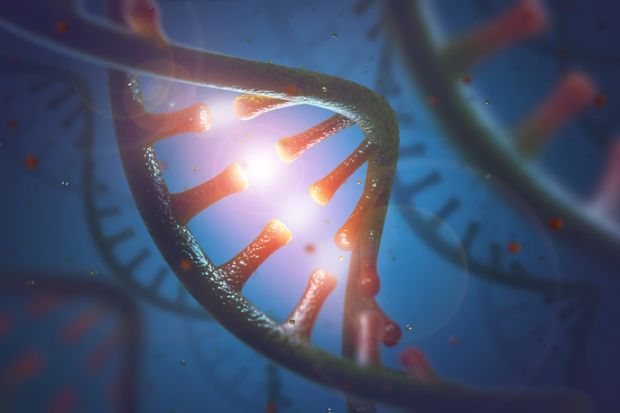Three scientists who pioneered a new field of click chemistry – in which molecules are snapped together – have won the Nobel Prize in Chemistry.
Barry Sharpless – a former professor at the Massachusetts Institute of Technology and Stanford University who also claimed the Nobel Prize in Chemistry in 2001 – and Morten Meldal, from the University of Copenhagen, were recognised for founding the field now being used to build complicated molecules in pharmaceuticals.
Working independently of each other, the two scientists created what was called by the Nobel committee the “crown jewel of click chemistry”, the copper catalysed azide-alkyne cycloaddition, which is “an elegant and efficient chemical reaction that is now in widespread use”.
Carolyn Bertozzi, from Stanford, pushed the area of study to new levels by developing “click reactions” that work inside living organisms without disrupting the normal chemistry of the cell.
“This year’s prize in chemistry deals with not overcomplicating matters, instead working with what is easy and simple. Functional molecules can be built even by taking a straightforward route,” said Johan Åqvist, chair of the Nobel committee for chemistry.
The reactions created by Professor Bertozzi – the eighth woman to win a chemistry Nobel – are now used globally to explore cells and track biological processes, said the committee.
Professor Sharpless, now based at the Scripps Research Institute in California, is only the fifth individual to win two Nobel prizes – and only the second person to win the Nobel in chemistry twice, following the English biochemist Fred Sanger.
Marie Curie won the Nobel prizes for physics and chemistry, while the US engineer John Bardeen, who invented the transistor, won the physics prize twice. Chemistry laureate Linus Pauling was later awarded the Nobel Peace Prize for his campaigning against nuclear weapons.
Register to continue
Why register?
- Registration is free and only takes a moment
- Once registered, you can read 3 articles a month
- Sign up for our newsletter
Subscribe
Or subscribe for unlimited access to:
- Unlimited access to news, views, insights & reviews
- Digital editions
- Digital access to THE’s university and college rankings analysis
Already registered or a current subscriber? Login








